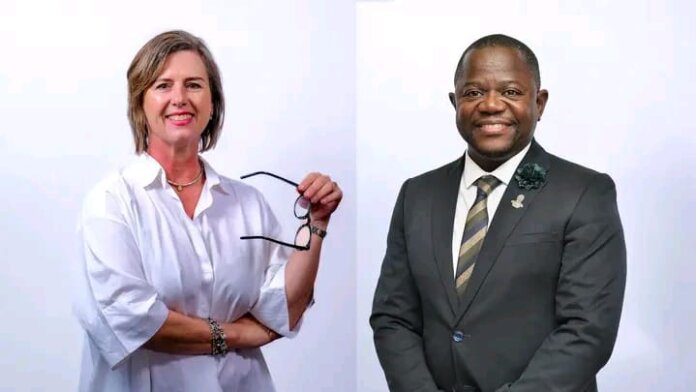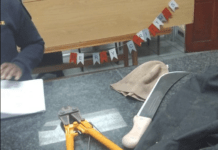
Unlock this story — it’s free
the University of Fort Hare (UFH) has strengthened its leadership in teaching innovation and social justice with the addition of Professor Willie Chinyamurindi and Dr. Juliet Townes to the national Teaching Advancement at Universities (TAU) Fellowship. 06 November 2025, the two completed the 2024/2025 cohort, a 19-month program that equips academics with skills to advance excellence, mentorship, and transformation across South African universities.
What Happened?
The TAU Fellowship, coordinated nationally, empowers university educators to integrate social justice, leadership, and inclusivity in their teaching. UFH’s latest Fellows—Prof. Chinyamurindi from the Department of Applied Management and Dr. Townes from Industrial Psychology—join eight other UFH scholars who have previously completed the program.
Their projects focused on curriculum transformation, student readiness for the labour market, and decolonial approaches to higher education.
Official Response
UFH’s Faculty of Management and Commerce hailed the recognition as proof of the university’s dedication to quality teaching and socially responsive scholarship.
“Being recognized as a TAU Fellow is both a personal honour and a professional milestone,” said Dr. Townes. “It validates my commitment to advancing teaching excellence and student-centred learning.”
Her research explored student perceptions of learning and labour market readiness, contributing to the national dialogue on graduate employability and epistemic access.
With these appointments, UFH now boasts ten TAU Fellows and one current participant, Dr. Naledzani Ndou, in the 2025/2026 cohort.
Community Impact
The growing number of TAU Fellows positions UFH as a hub for teaching innovation and equity-driven education. Their work enhances student experiences, strengthens mentorship networks, and reinforces the university’s role in reshaping South Africa’s academic landscape.
These efforts align with UFH’s broader mission to champion African excellence, social justice, and transformative pedagogy, ensuring that higher education remains inclusive and contextually relevant.







